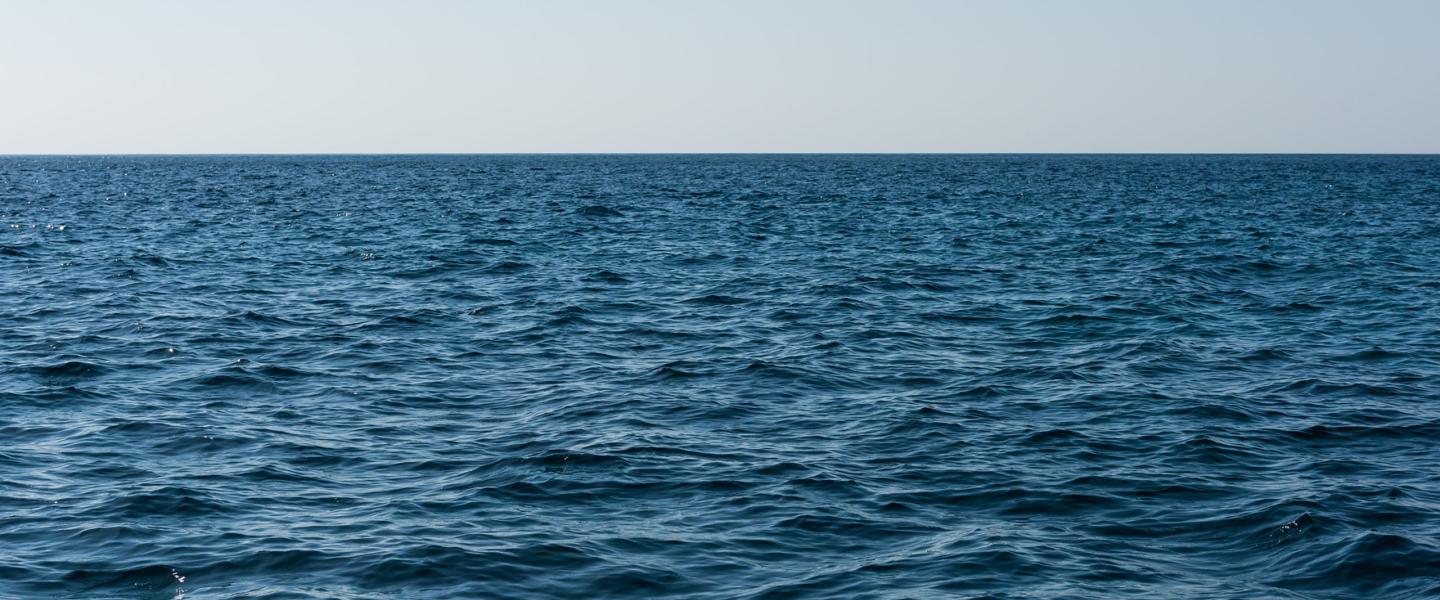
12 December 2014
Speaking at a high level Dialogue on Protection at Sea, hosted by the United Nations High Commissioner for Refugees (UNHCR) in Geneva, the International Chamber of Shipping (ICS) has called on governments to address the growing refugee and migrant crisis in the Mediterranean.
ICS Secretary General, Peter Hinchliffe, remarked: “The shipping industry fully accepts its humanitarian obligation to assist anyone at sea whose vessel is in distress. But the situation in the Mediterranean has been spiralling out of control, and may well get worse after the end of the winter weather as thousands more people may attempt to get to Europe from North Africa by sea.”
ICS, the global trade association for shipowners, says the crisis has already required over 600 commercial ships to rescue tens of thousands of migrants during the past 12 months, as people attempt to get to Europe in dilapidated craft that are unfit for purpose, not seaworthy, and often grossly overloaded.
He added: “Large scale rescues at sea are not routine events and pose enormous challenges to ships that may only have accommodation and resources for a crew of perhaps 25 people. Recovering 200 or sometimes even 400 anxious and distressed people on board a merchant ship, and administering to their immediate needs, places huge demands on the crew and there is a compelling need for governments to ensure disembarkation as soon as possible to a place of safety ashore”.
The shipping industry is not in a position to solve the root causes of the crisis and recognises that governments face an enormous challenge. “But far more can be done by governments to ameliorate the current desperate situation at sea in the Mediterranean,” suggested Mr Hinchliffe.
ICS believes that the coastal authorities in North Africa can do much more to prevent the migrants’ craft from setting out to sea in the first place, especially where traffickers and people smugglers are involved. However, the European Union and its Member States also need to assist the authorities in North Africa and meet their moral responsibility as governments to support search and rescue operations and those merchant ships that are often the first on the scene. ICS suggests that more rescue resources need to be committed to the region by all EU Member States and that disembarkation facilities need to be provided without equivocation.
Illegal and inhumane trafficking and deliberate abandonment of migrants in shipping lanes needs to be urgently stamped out. Mr Hinchliffe praised the proposal by the Secretary-General of the International Maritime Organization (IMO) for those UN agencies concerned with the plight of migrants and refugees at sea to combine their resources in an inter-agency approach.
Earlier this week, ICS issued Guidelines on Large Scale Rescue Operations at Sea, which can be downloaded from the ICS website.
www.ics-shipping.org
